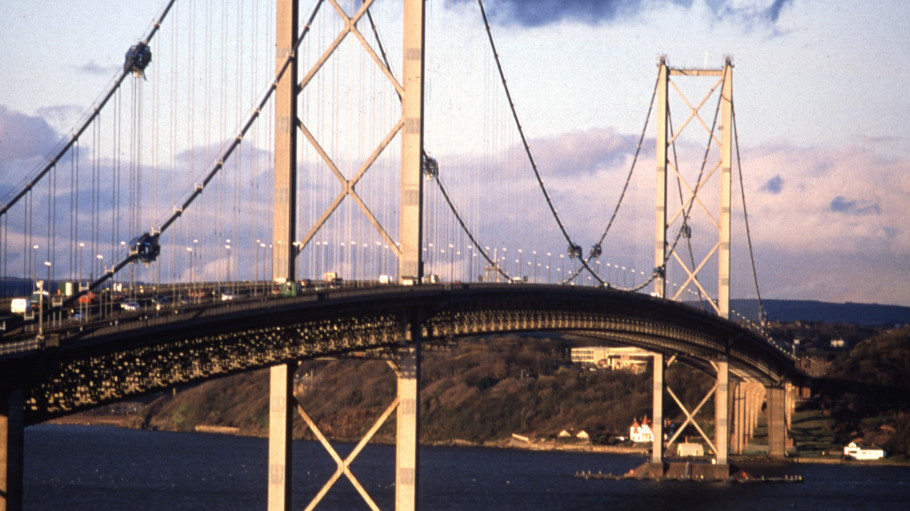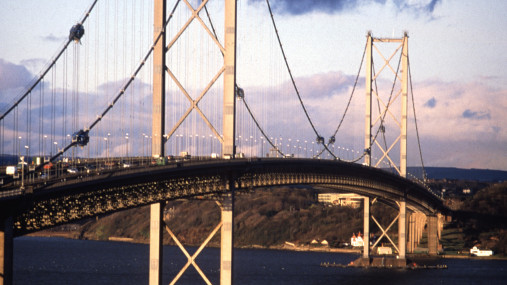
Press releases » Ambitious EU climate law must show how EU climate policy can lead global emissions reduction efforts
Ambitious EU climate law must show how EU climate policy can lead global emissions reduction efforts
Downloads and links
Recent updates

Brussels, 5 March 2020 – The EU has published its draft climate law implementing the principles of the Green Deal presented at the end of 2019. The steel sector has made great strides in its efforts to reduce emissions, but needs the right framework to deliver upon the ambition set out in the EU’s plans.
“The European steel industry has the ambition to reduce emissions by 30% by 2030 compared to today’s levels – in addition to the reductions achieved since 1990 – and by 80-95% by 2050. To achieve these reductions we need all the pieces of the puzzle to be in place”, said Axel Eggert, Director General of EUROFER. “This means support for R&D, access to finance, sufficient and competitive supply of affordable CO2-neutral energy, the creation of markets for green steel, and a level playing field with less climate-ambitious global competitors”.
The EU is responsible for 10% of global greenhouse gas emissions. This means that the EU can only lead the charge towards emissions reduction – it cannot stop climate change it on its own – and the EU must show that its policies work if other regions of the world are to follow. The Commission’s current proposal needs a deeper assessment of the impact of the policy for the EU in the global context.
“The EU must take a deeper look, not just at EU emissions per se, but at the CO2 embedded in the products and services placed on the EU market”, suggested Mr Eggert. “Take steel as an example: the EU steel industry has reduced metal production by 14% since 2005. However, the market share of imports has increased by 80% since then. These imports have, on average, a much higher CO2 footprint than steel made in the EU. The net effect of climate policies that only look at CO2 emitted in the EU and not at the embedded CO2 in products themselves risks being green in name only”.
The European steel industry directly employs 330,000 people, with a further 2.4 million indirectly relying on the sector. This workforce is down by 25% since 2008. Studies show that the ‘green’, carbon-lean steels that European producers could create could cost 35-100% more to make compared to imported products made using current technologies.
“This means there needs to be a market for green steel – and a means to ensure that these products are competitive with carbon-intensive imports as well as on global markets”, specified Mr Eggert. “The EU steel industry is constantly developing new types of steel that lead to huge efficiency gains in steel-intensive applications, such as for wind mills, power turbines, or road vehicles. It is supporting these advanced steels and cleaner ways of producing them that shows Europe is serious about climate change. Importing what we need and exporting jobs and CO2 does not”.
Mr Eggert concluded, “Implementing practical measures to actually lead the reduction of global emissions in the coming decades will define the success of the EU’s commitment to reducing emissions whilst preserving its jobs, prosperity and industrial base”.
Notes for Editors
Contact
Charles de Lusignan, Spokesman & Head of Communications, +32 2 738 79 35, charles@eurofer.be
A PDF of this Press Release is available: here
About the European Steel Association (EUROFER)
EUROFER AISBL is located in Brussels and was founded in 1976. It represents the entirety of steel production in the European Union. EUROFER members are steel companies and national steel federations throughout the EU. The major steel companies and national steel federations in Switzerland and Turkey are associate members.
The European Steel Association is recorded in the EU transparency register: 93038071152-83.
About the European steel industry
The European steel industry is a world leader in innovation and environmental sustainability. It has a turnover of around €170 billion and directly employs 330,000 highly-skilled people, producing on average 160 million tonnes of steel per year. More than 500 steel production sites across 21 EU Member States provide direct and indirect employment to millions more European citizens. Closely integrated with Europe’s manufacturing and construction industries, steel is the backbone for development, growth and employment in Europe.
Steel is the most versatile industrial material in the world. The thousands of different grades and types of steel developed by the industry make the modern world possible. Steel is 100% recyclable and therefore is a fundamental part of the circular economy. As a basic engineering material, steel is also an essential factor in the development and deployment of innovative, CO2-mitigating technologies, improving resource efficiency and fostering sustainable development in Europe.

Download files or visit links related to this content
Strasbourg, 17 December 2025 – The European Commission’s latest proposals on the Carbon Border Adjustment Mechanism (CBAM), unveiled today, correctly identify several loopholes that risk undermining its effectiveness, notably regarding EU exports, downstream sectors and circumvention practices. However, despite these laudable efforts, the measures put forward fail to deliver a comprehensive and durable response to carbon and jobs leakage, warns the European Steel Association (EUROFER).
A milestone occasion to quickly and effectively restore affordable electricity, to relaunch the
decarbonization and strengthen the international competitiveness of the European steel
industry.
Brussels, 02 December 2025 – Unchanged negative conditions – U.S. tariffs and trade disruptions, economic and geopolitical tensions, protracted weak demand and still high energy prices – continue to weigh on the European steel market. EUROFER’s latest Economic and Steel Market Outlook confirms for 2025 another recession in both apparent steel consumption (-0.2%, unchanged) and steel-using sectors (-0.5%, revised from -0.7%). A potential recovery is expected only in 2026 for the Steel Weighted Industrial Production index (SWIP) (+1.8%, stable) and for apparent steel consumption (+3%, slightly revised from +3.1%) – although consumption volumes would still remain well below pre-pandemic levels. Steel imports retained historically high shares (27%), while exports plummeted (-9%) in the first eight months of 2025.